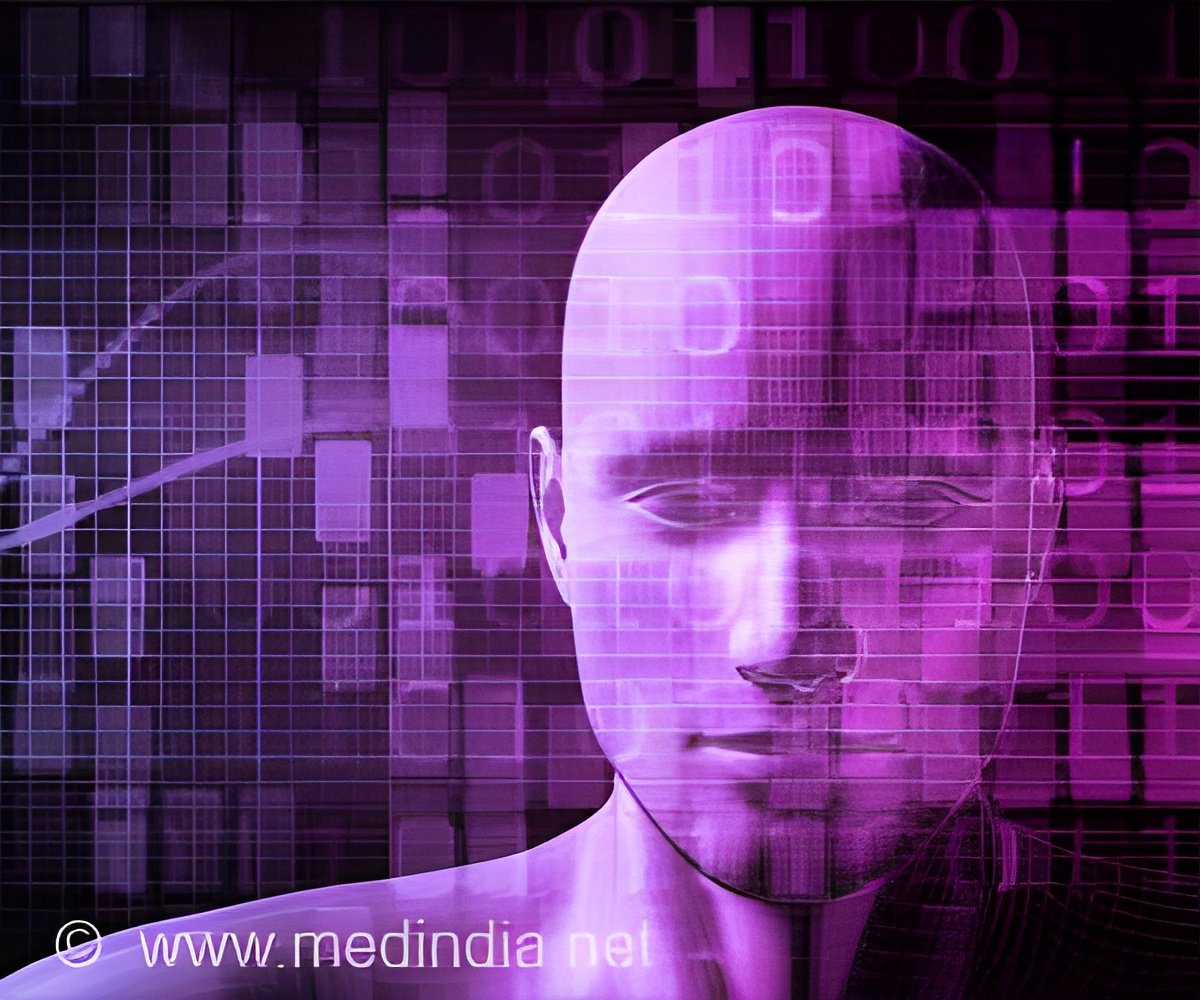
ChatGPT, powered by large language models like GPT-4, enhances diagnostic precision in
Comparative analysis of GPT-4-based ChatGPT’s diagnostic performance with radiologists using real-world radiology reports of brain tumors
).
Graduate student Yasuhito Mitsuyama and Associate Professor Daiju Ueda at Osaka Metropolitan University’s Graduate School of Medicine conducted a study. They compared the diagnostic abilities of GPT-4-based ChatGPT with those of radiologists.
ChatGPT vs. Radiologists
The team analyzed 150 MRI reports of brain tumors written in Japanese before surgery. Both ChatGPT and a group of radiologists, including two neuroradiology experts and three general radiologists, were asked to give different diagnoses and make a final decision.
Subsequently, their accuracy was calculated based on the actual diagnosis of the tumor after its removal. The results stood at 73% for ChatGPT, a 72% average for neuroradiologists, and a 68% average for general radiologists.
How AI Accuracy Varies with Different Radiologist Reports
Additionally, ChatGPT’s final diagnosis accuracy varied depending on whether the clinical report was written by a neuroradiologist or a general radiologist. The accuracy with neuroradiologist reports was 80%, compared to 60% when using general radiologist reports.
“These results suggest that ChatGPT can be useful for preoperative MRI diagnosis of brain tumors,” stated graduate student Mitsuyama. “In the future, we intend to study large language models in other diagnostic imaging fields with the aims of reducing the burden on physicians, improving diagnostic accuracy, and using AI to support educational environments.”
Reference:
- Comparative analysis of GPT-4-based ChatGPT’s diagnostic performance with radiologists using real-world radiology reports of brain tumors – (https:pubmed.ncbi.nlm.nih.gov/39198333/)
Advertisement



